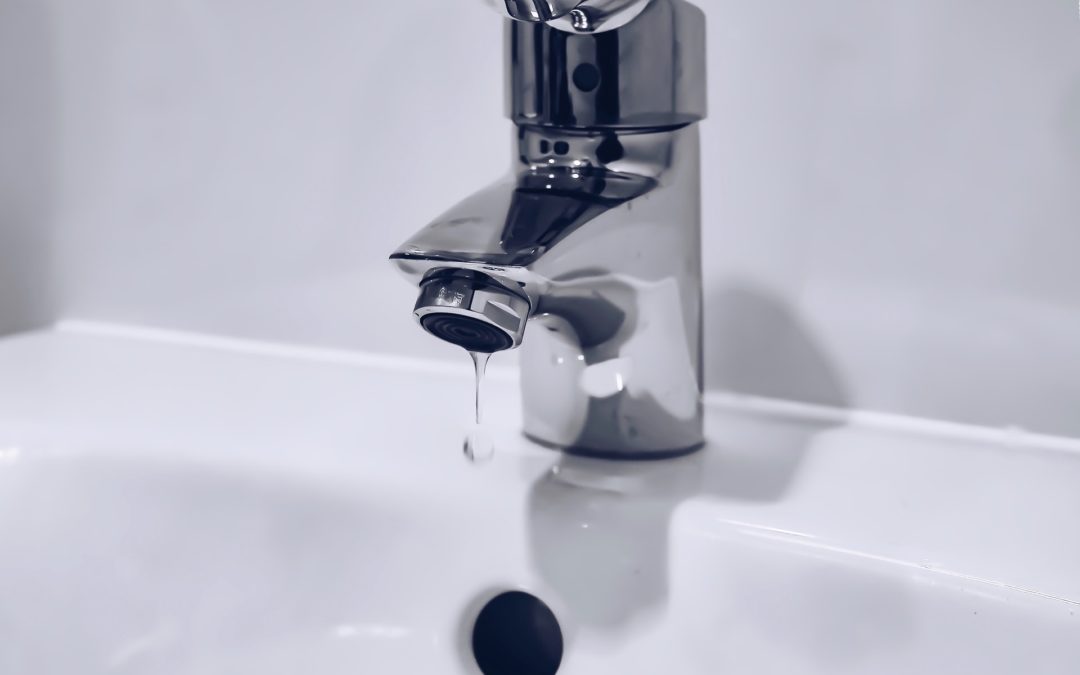There are two kinds of problems with plumbing: emergencies and issues that will become emergencies. Awareness and early action will prevent the soon to be emergencies from becoming full blown, middle of the night panic attacks.
Early Warning Signs – Most home plumbing emergencies gave some indication that trouble was brewing. Here are things to watch for:
- Unpleasant smells from drains. This lets you know that the drain is dirty, likely filled with food particles, grease, hair, or soap. The second possible cause is that the sewer line has become clogged and is not allowing the full flow of drain water to pass.
- Puddles around the dishwasher – A small bit of water is easy to ignore, but the slow leak in the drain or water line might cascade suddenly into a flood.
- The same warning exists from your clothes washer and it should be a signal to schedule a plumbing visit to prevent catastrophe.
- A toilet that appears to flush itself every hour or so. No, it’s not a ghost, it’s likely a leak from the tank which triggers a refill flush. A sudden failure of the tank or its fittings could turn your bathroom into an unplanned swimming pool.
- Your hot water heater should be quiet. If you hear sounds of snapping or popping, it’s telling you that the heating element may be failing and in need of professional service.
- Water stains under cabinets are a subtle warning that a failure of a fitting losing its grip and allowing water to escape. A bit of home maintenance and emergency prevention could include looking under each fixture for signs of leakage. A few minutes now can save big repair bills and disruption of your daily routine.
- Areas of wet grass may signal that there is a problem in your septic system. Professional examination and repair will prevent the backup of sewage into your home.
- One of the most common sources of emergencies are clogged drains. Before it clogs entirely, most drains will let you know trouble is on the way by not flowing as quickly. If the simple home repair of hot water and salt doesn’t restore regular flow, schedule a plumber visit.
Recognizing early warning signs and taking quick action can reduce the chances of needing an emergency plumber and the repair costs that come with water gone wrong.


